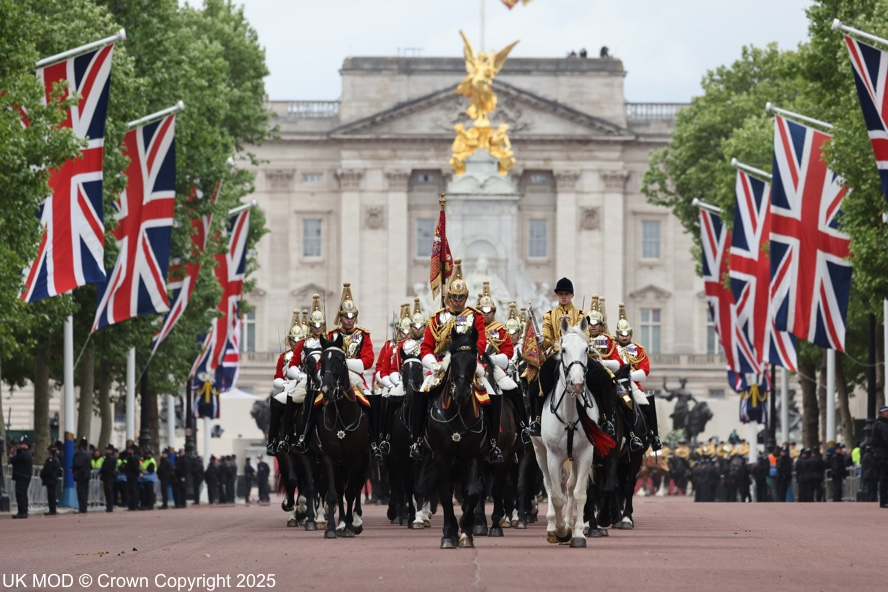
Solemn ceremonies will be held at war memorials across France on Thursday as the country marks the 80th anniversary of Victory in Europe (VE) Day, observed as a public holiday there annually.
In Paris, President Emmanuel Macron will lay a wreath at Charles de Gaulle’s statue, walk up the Champs-Élysées to the Arc de Triomphe, rekindle the eternal flame at the tomb of the Unknown Warrior, and inspect troops.
The ceremony will include a minute’s silence, a rendition of the Marseillaise, a speech from Macron on “the values that triumphed in 1945,” military bands from six countries, a parade of French armed forces personnel, flags, wartime vehicles, re-enactors, and a flypast.
However, France is among the relatively few European countries marking VE Day with such an elaborate ceremony. Some commemorate it more modestly without a public holiday; others call it something else entirely or observe it on a different day.
This year, as Donald Trump challenges postwar transatlantic relationships and Europe’s deadliest conflict since 1945 continues in Ukraine, these differences serve as a reminder that peace in Europe is both recent and fragile.
“The 80th anniversary of the victory of 8 May 1945 implies, more than ever, a double responsibility,” the French defense ministry stated this week: “To the last surviving witnesses of the war, and to the younger generation.”
In 2025, it is increasingly vital that VE Day commemorations “honor the sacrifices of those who fought and suffered—but also transmit their testimonies and their memories to the young people of today,” the ministry said.
Berlin shares this objective, making the day a public holiday for the first time, as Germany, like the rest of the continent, confronts changes eroding the postwar order that brought wealth, stability, and democracy.
Throughout the German capital, which preserves a landscape of memory of the war and the Holocaust, numerous commemorations, exhibitions, witness accounts, performances, discussions, film screenings, concerts, and guided tours are planned.
Former Nazi concentration camps on German soil, now preserved as memorials, have marked their liberation dates with solemn ceremonies bringing together the dwindling number of survivors.
Germany’s newly elected Chancellor Friedrich Merz will attend a remembrance ceremony in a war-damaged Berlin church, a wreath-laying ceremony, and the central anniversary event, a parliamentary commemoration in the Reichstag.
Europe faces several uncomfortable new realities this year. Trump’s America no longer appears to share the values that have underpinned the transatlantic alliance since 1945. Europe evidently can no longer depend on the US for defense.
The US peace plan for Ukraine seemingly involves direct, often deferential, talks with Vladimir Putin’s Russia, apparently adopting many of Moscow’s positions. “The west, as we knew it, no longer exists,” as European Commission President Ursula von der Leyen put it.
Recognizing the fundamental changes to the continent’s security environment, Europe is substantially increasing defense spending. Macron has set France a target of 3.5% of GDP this year, an increase of €30 billion (£26 billion) annually. Merz has gone further.
“Given the threats to freedom and peace on our continent, we must also say about our defense: whatever it takes,” he stated. The once-frugal conservative secured a major boost to defense and infrastructure spending before becoming the leader.
Others are following suit: Belgium, Denmark, Finland, Poland, the Czech Republic, the Baltic states, and even Moscow-friendly Hungary and Slovakia are among 16 EU states triggering a budget exemption for significantly higher defense spending.
Understandably, countries closer to Russia express greater alarm and urgency. Similar differences existed after the war and are reflected in how each nation commemorates its end.
For Western Europe, including the UK, VE Day largely signified the return of liberty and triumph of democracy, marking the end of Nazi aggression and occupation, the loss of a generation of young men, and the Holocaust’s horrors.
Yet few commemorate it identically or even on the same day. Belgium combines ceremonies with Armistice Day on November 11. The Netherlands and Denmark celebrate Liberation Day on May 5. Italy marks Liberation Day—victory over Mussolini’s puppet government—on April 25.
For much of Central and Eastern Europe, the end of World War II meant something quite different: the beginning of life under communist rule.
Russia commemorates VE Day with a massive military parade on May 9 because the ceasefire took effect at 11:01 p.m. in Berlin on May 8, 1945, and it was already the following day in Moscow.
This year, highlighting Europe’s persistent political divisions, the Kremlin announced that Slovakia’s Moscow-friendly Prime Minister Robert Fico and Serbia’s ultranationalist President Aleksandar Vučić will attend, despite strong EU criticism. A counter-parade, attended by EU foreign ministers, will be held in Lviv, Ukraine.
Some former Eastern Bloc states, from Belarus to Bosnia and Herzegovina, continue to mark Victory Day on May 9. Many others, including Poland, the Czech Republic, Estonia, Latvia, and Lithuania, have switched to May 8 since regaining independence, choosing not to commemorate the date they fell under Soviet control.
Whatever VE Day means to Europeans on its 80th anniversary, the continent’s profound security changes lend it special significance. German historian Oliver Hilmes was less dramatic than von der Leyen but conveyed the same message.
“Who will protect Europe?” he asked. “You can certainly say the anniversary of 8 May 1945 is catching up with us with a vengeance.”






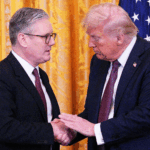

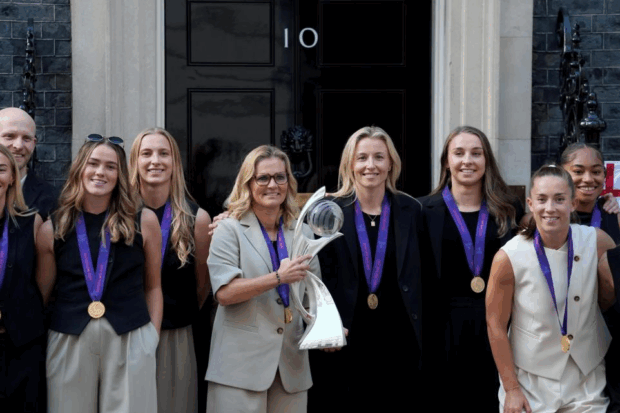


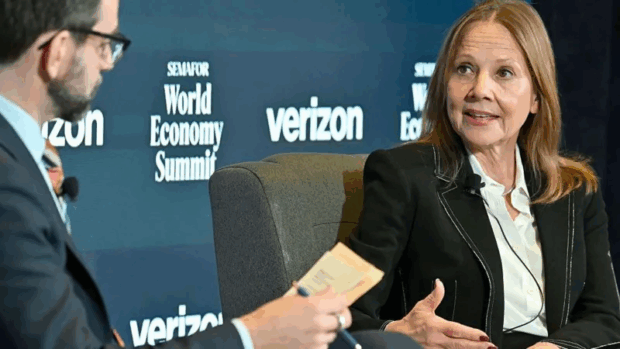
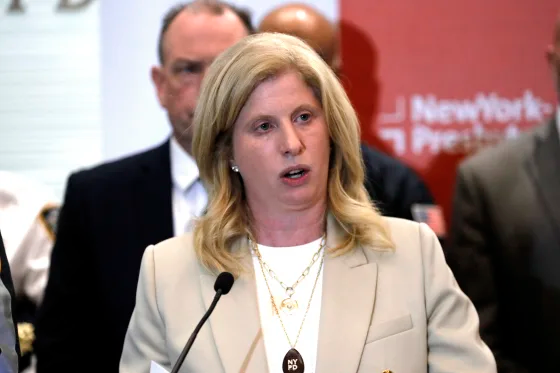





Be the first to leave a comment